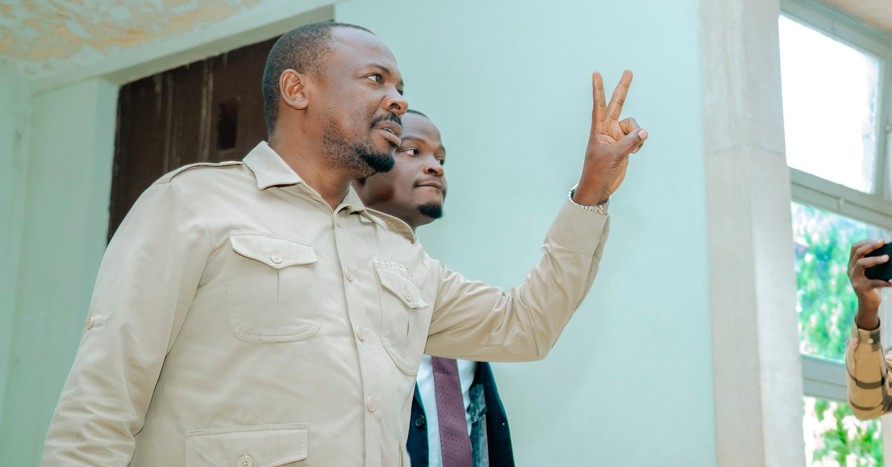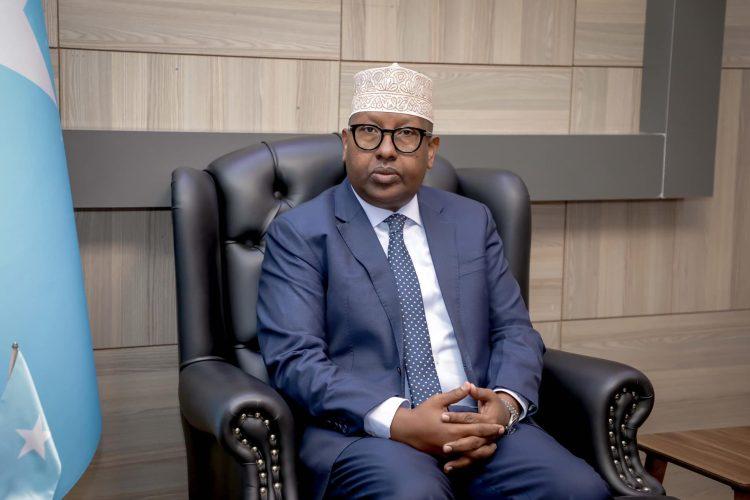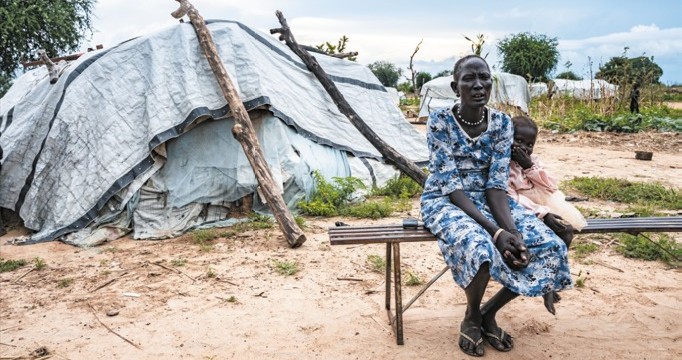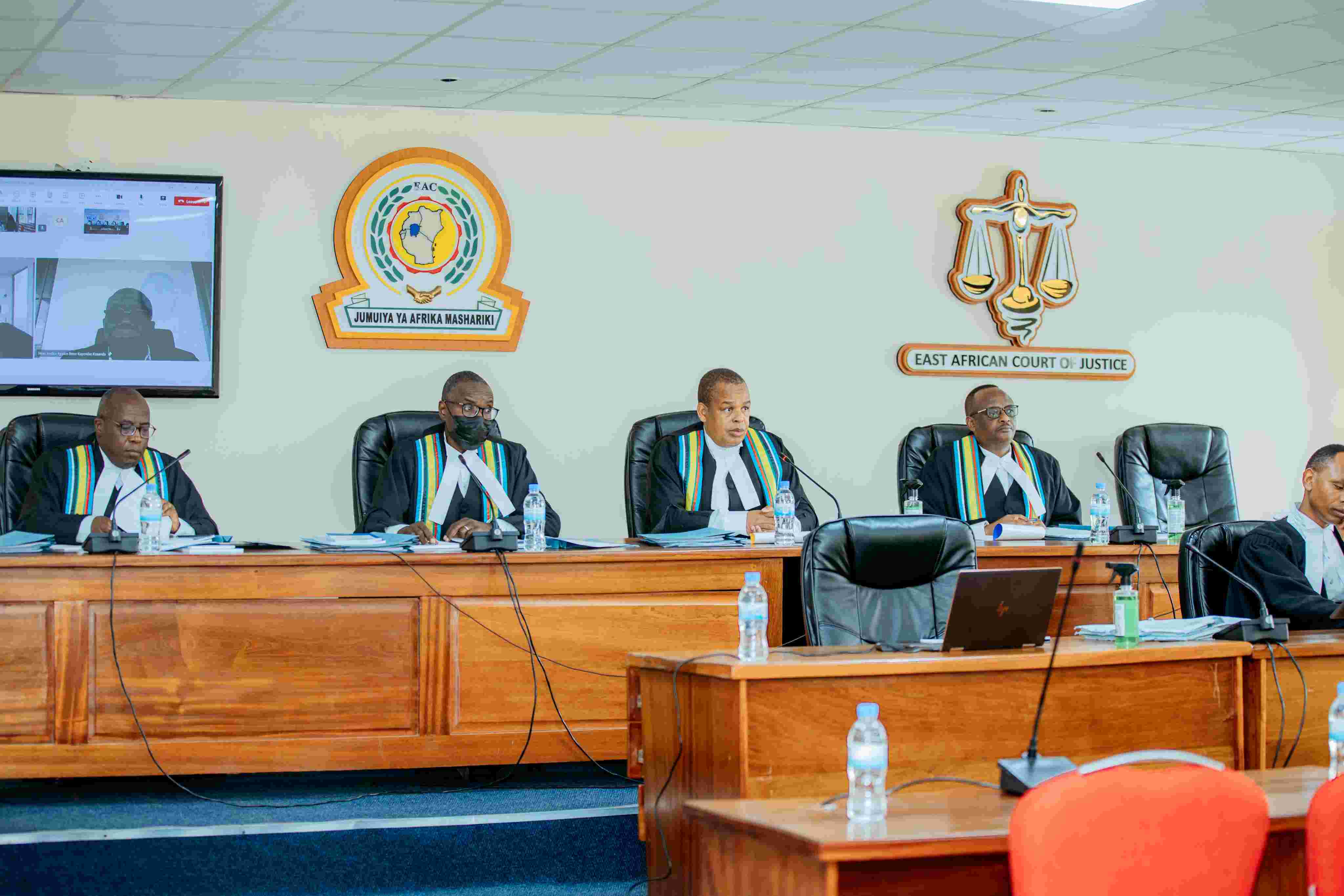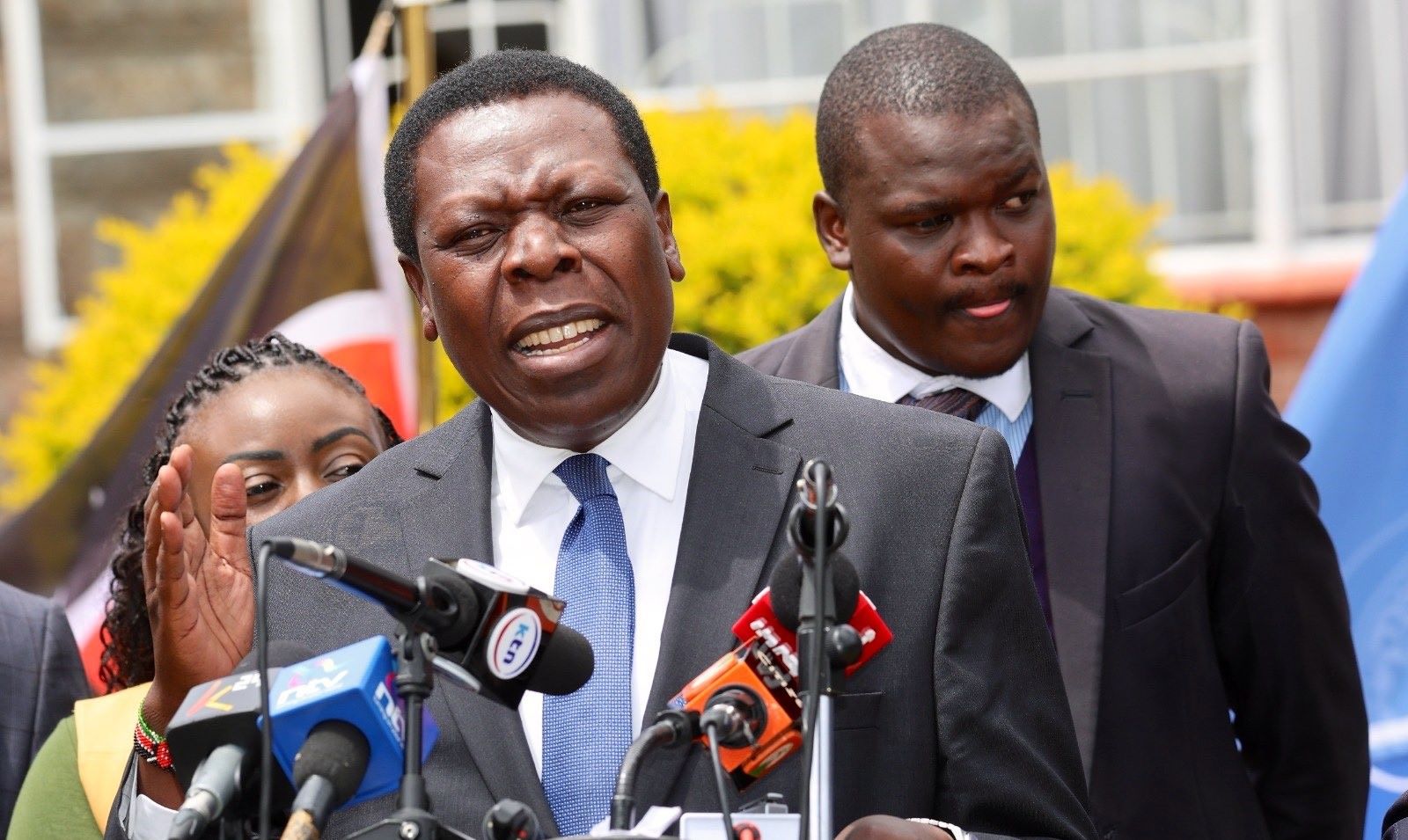Court told Mackenzie secretly ate in custody as followers starved for eight days
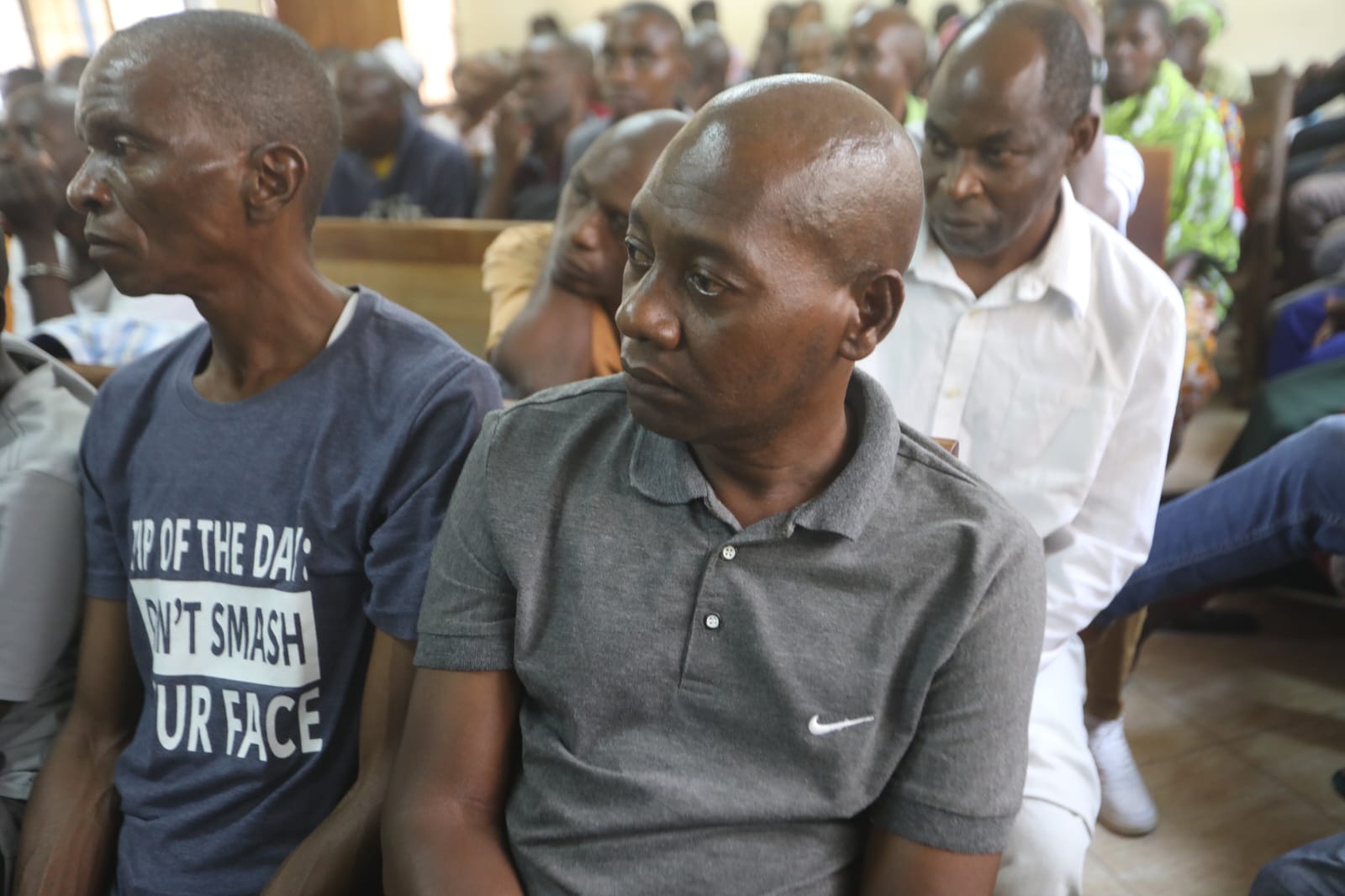
Fifteen of the suspects reportedly refused to eat for eight consecutive days, insisting that they were fasting for divine intervention in their legal troubles.
A court has heard that controversial preacher Paul Mackenzie secretly ate while in police custody, as some of his detained followers went without food for eight days, believing starvation would help them evade criminal charges linked to the Shakahola cult deaths.
Assistant Superintendent of Police Noor Abdi, the former Officer Commanding Malindi Police Station, told Principal Magistrate Leah Juma that Mackenzie and several co-accused were detained at the station between June 6 and June 14, 2023. During this period, 15 of the suspects reportedly refused to eat for eight consecutive days, insisting that they were fasting for divine intervention in their legal troubles.
More To Read
- Shakahola trial: Former co-preacher reveals Mackenzie urged followers to shun society, await "direct ascent to heaven"
- Shakahola trial witness denies DNA evidence, insists missing children are alive
- Shakahola witness tells court she hasn't used medicine for over 10 years as they are "satanic"
- Shakahola massacre survivors struggle with trauma and anxiety, court told
- Families recount tragic loss of children in Shakahola starvation case
- Pastor Mackenzie promised children wealth, helicopter if they followed his teachings - witness
“Your honour, we separated Mackenzie from the rest of the suspects, and our informer reported that Mackenzie ate while in the cell, but did it secretly, so that his followers would not notice,” Noor testified.
He added that the detainees became extremely weak during the hunger strike and declined medical attention when taken to the hospital, maintaining that their fasting was spiritual. Noor also submitted official communications he had sent to senior police commanders about the mass refusal of food.
The Director of Public Prosecutions (DPP) also presented other witnesses, including Alex Tsofia, an excavator operator who testified that he was contracted by Mackenzie to construct a dam in Shakahola and worked at the site for two weeks.
Prosecution also called Engineer Fredrick Ako from the National Water Harvesting and Storage Authority, who assessed the dam’s capacity and purpose.
His report described the structure not as an irrigation dam, but as a water harvesting pan with a storage capacity of 18,851.6 cubic metres, enough to supply water to 218 households, or approximately 1,090 people, throughout the year.
A subsequent inspection by the National Water Authority confirmed there was no evidence of irrigation or livestock use, indicating that the excavation was solely a water catchment project. The report, however, estimated that the dam could supply up to 16,498 people for three months, depending on the amount of rainfall and consumption levels.
Another witness, Stephen Mwiti, recounted how his wife and six children joined Mackenzie’s sect after becoming obsessed with his sermons. Mwiti recounted how his wife’s obsession with the pastor’s sermons strained their marriage.
“I sometimes walked around with the TV remote in my pocket to stop her from watching Mackenzie’s preaching, but it didn’t help,” he told the court. He said his wife eventually fled their home with their five children while pregnant with their sixth, joining the Shakahola community.
“When I heard some people had been rescued from Shakahola, I prayed I would reunite with my family. But I was devastated when I learned that my wife and all six children, including a one-month-old baby, had disappeared,” Mwiti said.
A DNA test later confirmed that one of the rescued children was his.
Mackenzie and 92 co-accused face multiple charges under the Prevention of Terrorism Act and the Prevention of Organised Crime Act at the Shanzu Law Courts. The case continues to uncover disturbing details of the Shakahola cult tragedy, where hundreds of followers are believed to have died from starvation and indoctrination.
Top Stories Today
Reader Comments
Trending
